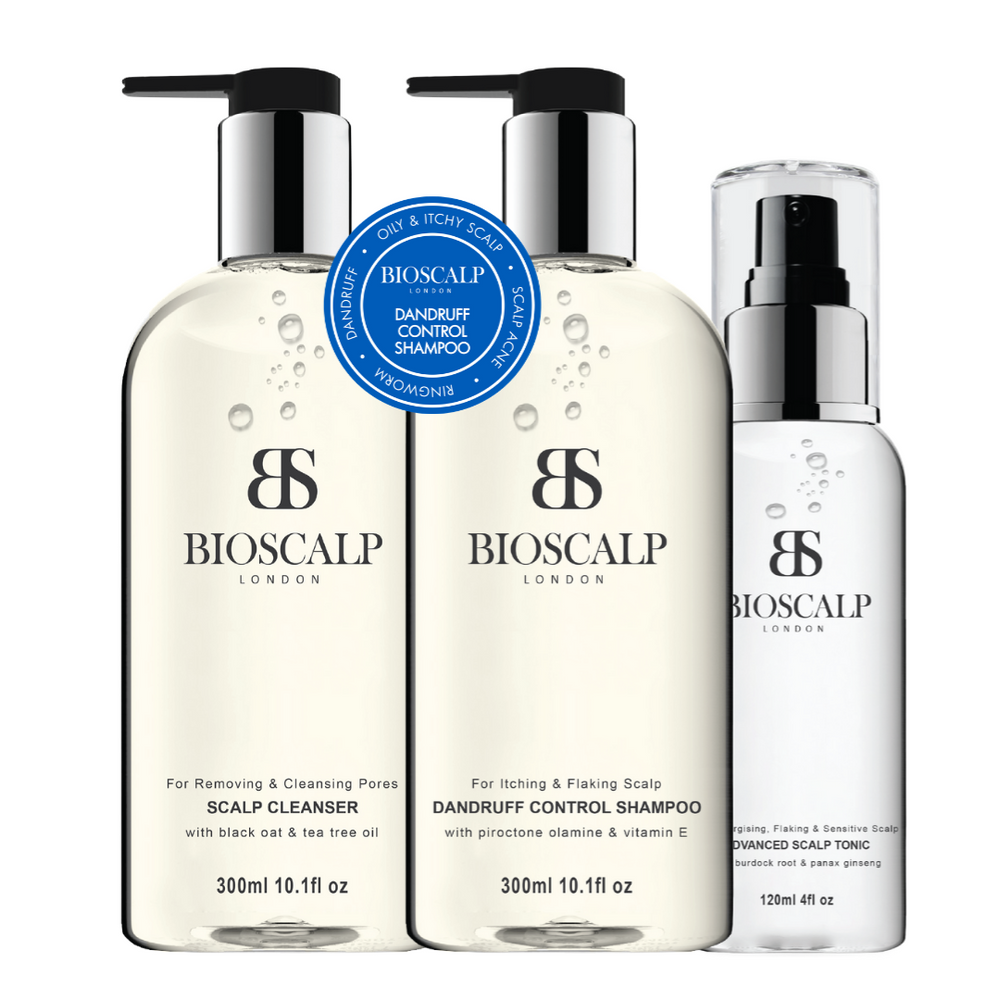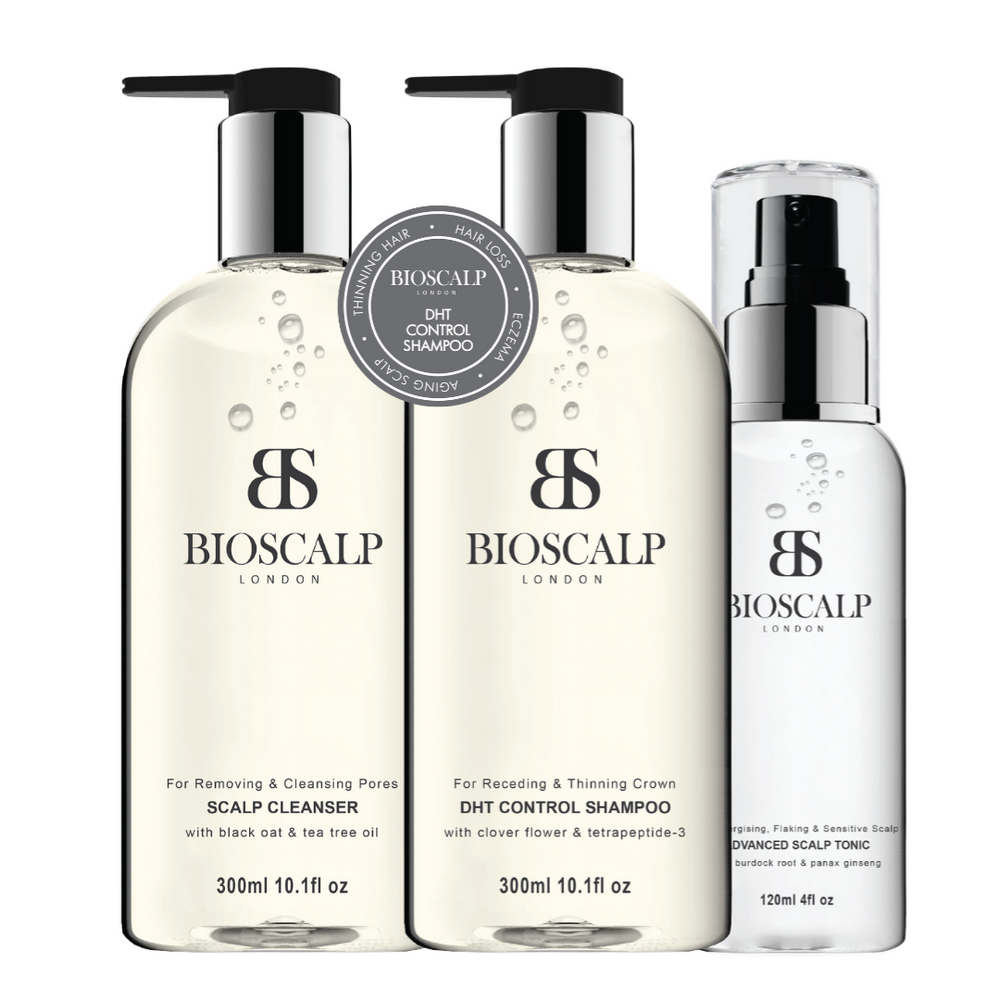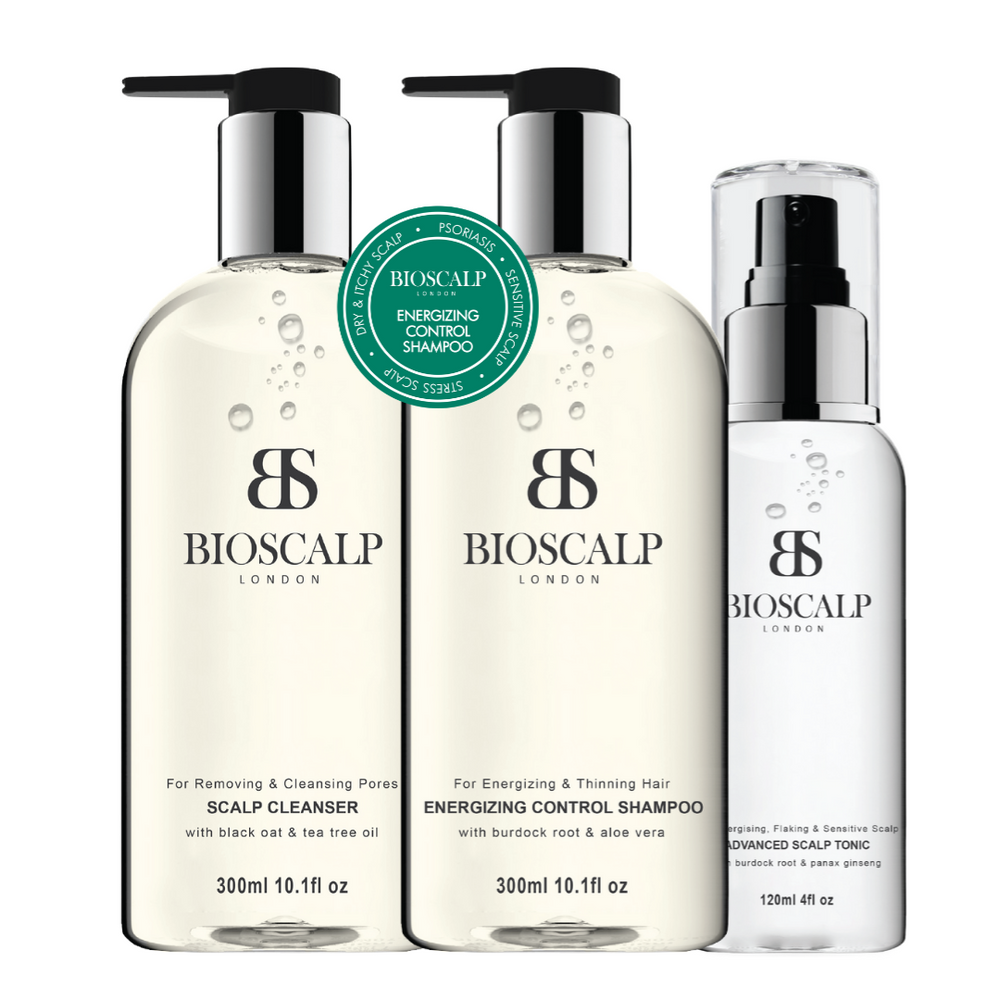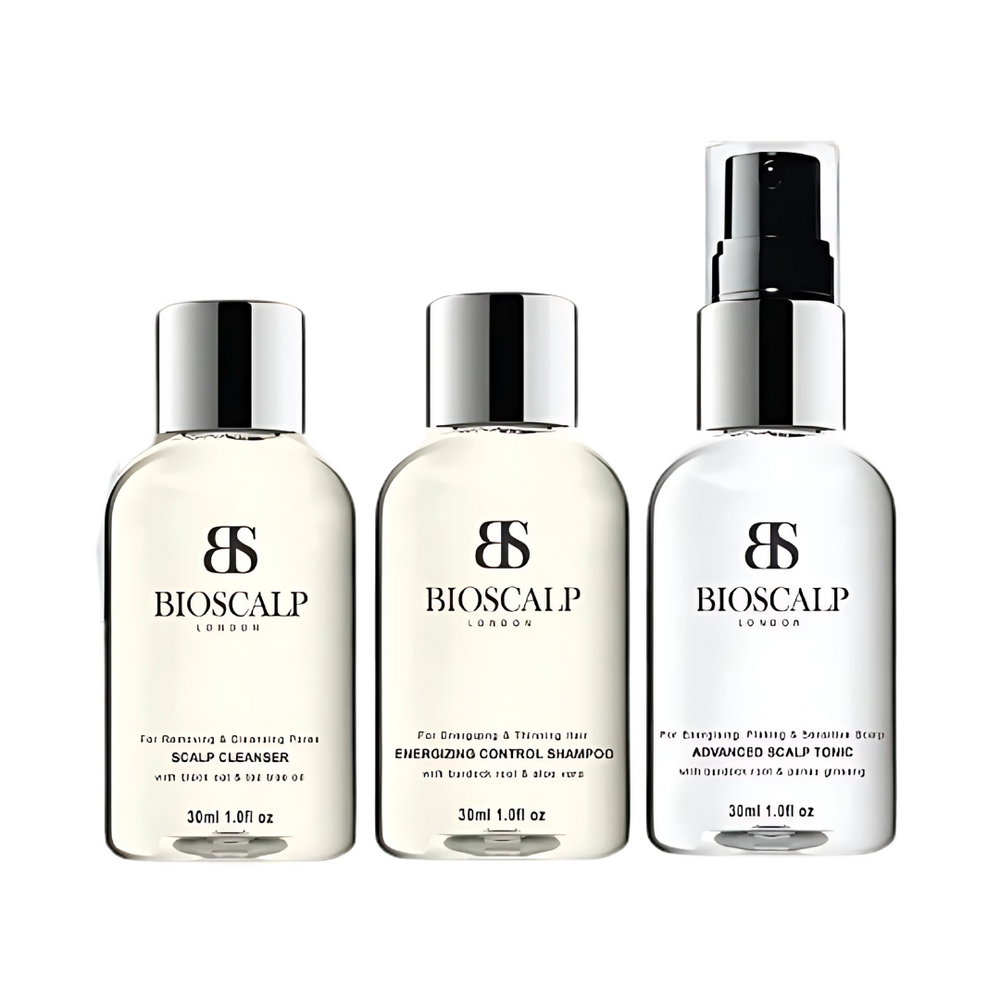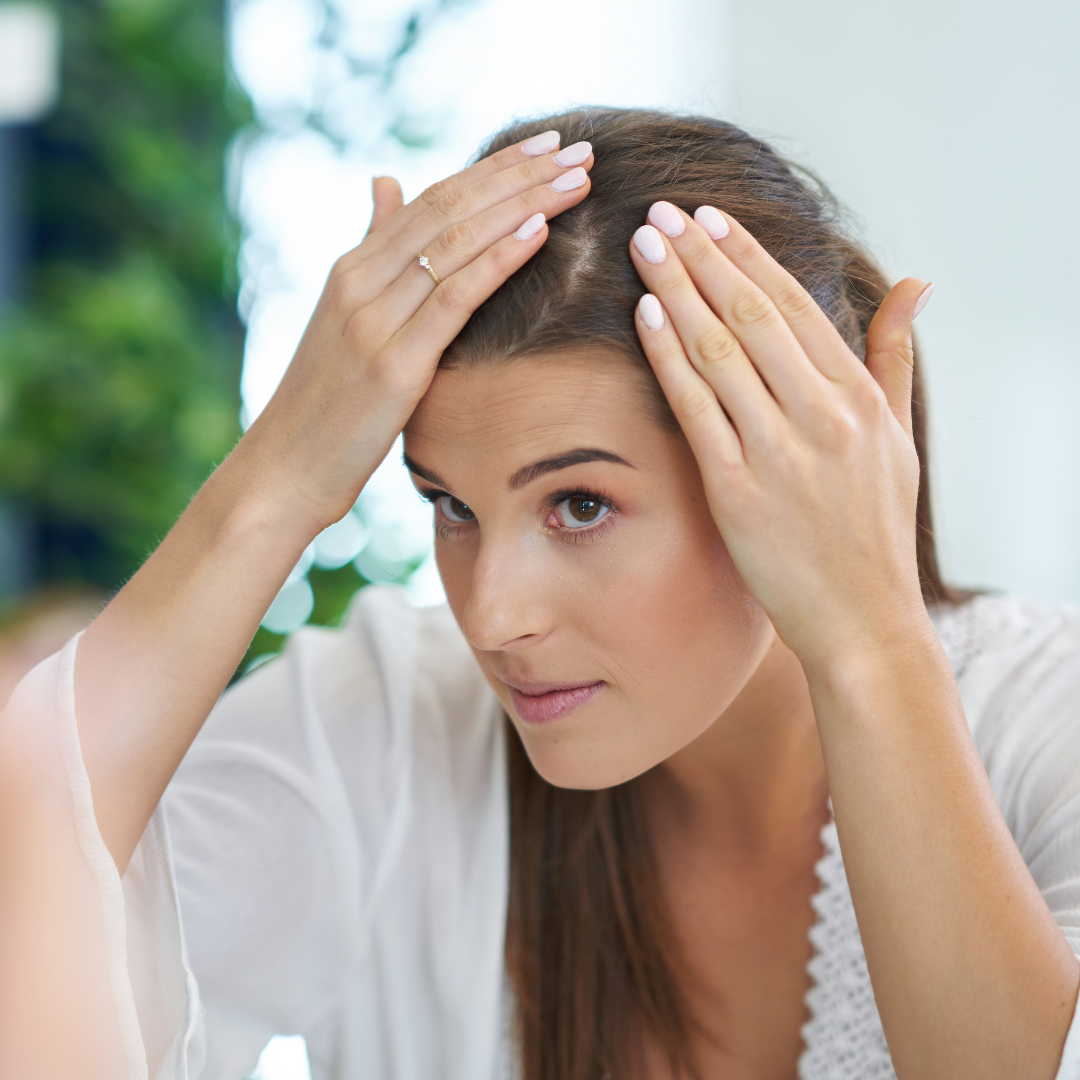Creatine is one of the most popular supplements in the fitness world, renowned for enhancing athletic performance and promoting muscle growth. Yet, it’s often surrounded by a persistent question: does creatine cause hair loss? This concern has sparked widespread debate, with opinions ranging from scientific studies to anecdotal claims. Let’s delve into the facts to uncover whether there’s any truth behind this common fear.

What is Creatine and Why the Hair Loss Connection?
Creatine is a naturally occurring compound in the body, stored in muscles and used to regenerate energy during intense physical activity. When taken as a supplement, it supports strength, endurance, and muscle recovery. However, its potential link to hair loss stems from its effect on dihydrotestosterone (DHT), a hormone associated with androgenetic alopecia, or male pattern baldness.
DHT is known to shrink hair follicles in genetically predisposed individuals, leading to hair thinning and loss. Concerns about creatine increasing DHT levels arose from a study that showed elevated DHT levels among participants taking the supplement. This finding fueled speculation that creatine could contribute to hair loss.
The Science: What Does the Research Say?
Although some research has suggested that creatine may raise DHT levels, there is no direct evidence linking creatine to hair loss. The primary study that sparked this concern involved a small group of participants and high doses of creatine, conditions that may not reflect typical use. Moreover, while DHT increases were observed, no cases of actual hair loss were reported.
Hair loss due to DHT is largely genetic. For individuals predisposed to male pattern baldness, elevated DHT levels may accelerate existing hair thinning. However, for those without this predisposition, the slight increase in DHT caused by creatine is unlikely to have a noticeable impact.

Expert Opinions on Creatine and Hair Loss
Most experts agree that the connection between creatine and hair loss is speculative at best. While creatine may marginally influence DHT levels, these changes typically remain within normal ranges and are unlikely to trigger hair loss in the average user. For those concerned about potential effects, consulting a dermatologist can provide clarity and peace of mind.
Balancing the Risks and Benefits of Creatine
Creatine is widely regarded as one of the most effective and well-researched supplements for improving athletic performance, but concerns about its potential link to hair loss may leave some users hesitant. Understanding the balance between the risks and benefits is essential for making an informed decision.
On the benefits side, creatine is a powerhouse for enhancing physical performance. It supports muscle strength, power, and recovery, making it particularly valuable for athletes and fitness enthusiasts engaged in high-intensity activities like weightlifting, sprinting, and interval training. Creatine also improves hydration within muscle cells, which can enhance endurance and reduce fatigue during workouts. Additionally, research shows that creatine supplementation may offer cognitive benefits, such as improved focus and memory, particularly under physically demanding conditions.
On the risk side, the concern about hair loss stems from a potential increase in dihydrotestosterone (DHT), a hormone linked to androgenetic alopecia (male pattern baldness). However, it’s important to recognize that this risk primarily applies to individuals genetically predisposed to hair thinning. For those without this predisposition, the slight elevation in DHT levels caused by creatine is unlikely to lead to hair loss. Moreover, the majority of studies have not demonstrated a direct, causal relationship between creatine use and hair thinning.
For most users, the benefits of creatine supplementation outweigh the speculative risks. However, understanding your genetic predisposition to hair loss and consulting with a healthcare provider can help you weigh these factors more effectively.

Practical Tips for Creatine Users
Whether you’re a seasoned athlete or new to supplementation, following best practices for creatine use can help maximize its benefits while addressing any concerns about potential side effects like hair loss:
Stick to Recommended Dosages
Over-supplementing with creatine is unnecessary and may amplify concerns about potential side effects, including DHT increases. The standard daily dose of 3-5 grams is sufficient for most users. If you choose to do a loading phase, limit it to the recommended 20 grams per day (split into four doses) for 5-7 days.
Monitor Hair Health
If you have a family history of androgenetic alopecia or are concerned about hair loss, pay attention to changes in hair thickness or density while using creatine. If you notice any issues, consider consulting a dermatologist or healthcare professional to discuss preventative treatments or alternatives.
Adopt a Holistic Approach to Hair Care
A healthy scalp and strong hair can offset potential concerns about thinning. Use shampoos and conditioners designed to support hair growth, maintain proper scalp hygiene, and incorporate scalp massages to stimulate blood flow to the hair follicles.
Focus on Overall Wellness
A balanced diet rich in vitamins and minerals is essential for both physical performance and hair health. Nutrients such as biotin, zinc, and omega-3 fatty acids support hair growth and scalp health. Staying hydrated and managing stress through activities like yoga or meditation can also reduce factors that contribute to hair loss.
Choose High-Quality Creatine
Not all supplements are created equal. Select a high-quality, third-party-tested creatine monohydrate to ensure purity and efficacy. Avoid products that contain unnecessary additives, fillers, or unknown ingredients.
Limit Concurrent Hair Stressors
If you’re concerned about potential hair thinning, avoid other factors that can exacerbate hair loss, such as excessive heat styling, harsh chemical treatments, or tight hairstyles that pull on the scalp.
Track Your Progress
Keep a journal to record any physical, cognitive, or cosmetic changes during creatine use. This helps identify patterns and provides useful information if you need to consult a healthcare provider.
Consult with Professionals
For those unsure about using creatine, consulting with a doctor, dermatologist, or sports nutritionist can help address concerns and provide tailored recommendations based on individual health profiles and fitness goals.
By adopting these practices, you can enjoy the many benefits of creatine supplementation while minimizing any perceived risks. With a thoughtful and informed approach, you’ll be better equipped to harness creatine’s potential for performance enhancement while maintaining confidence in your overall well-being.
Final Thoughts
While the link between creatine and hair loss has generated much discussion, current evidence suggests that the supplement does not directly cause hair loss. Concerns about DHT increases are more relevant for those with a genetic predisposition to hair thinning, and even then, the effects may be minimal. Creatine remains a powerful tool for enhancing athletic performance and muscle growth, and for most users, the benefits far outweigh the risks. If you’re still unsure, consulting with a healthcare professional can help you make an informed decision.


